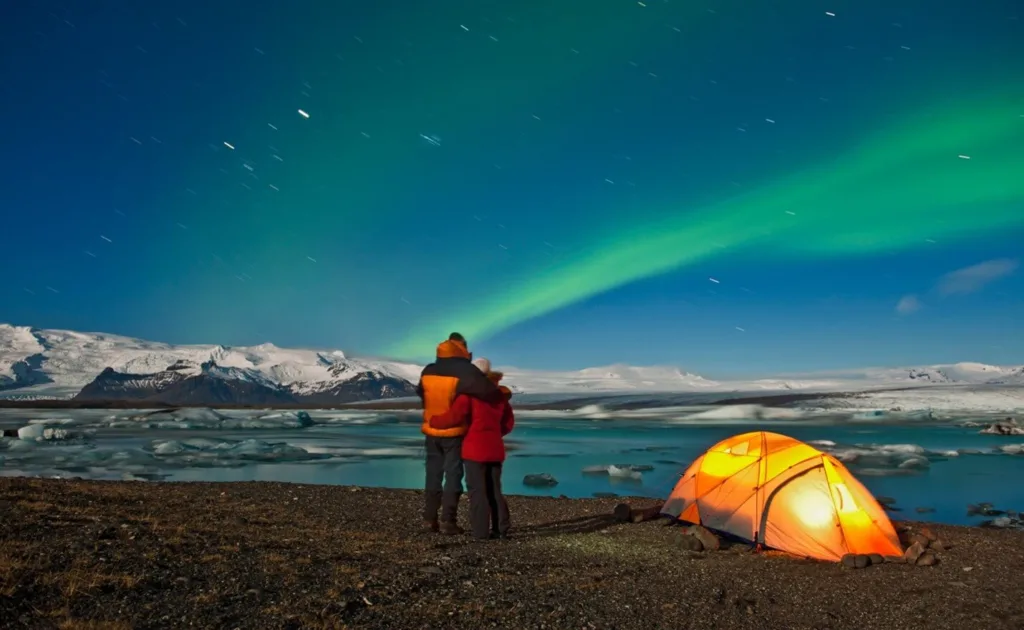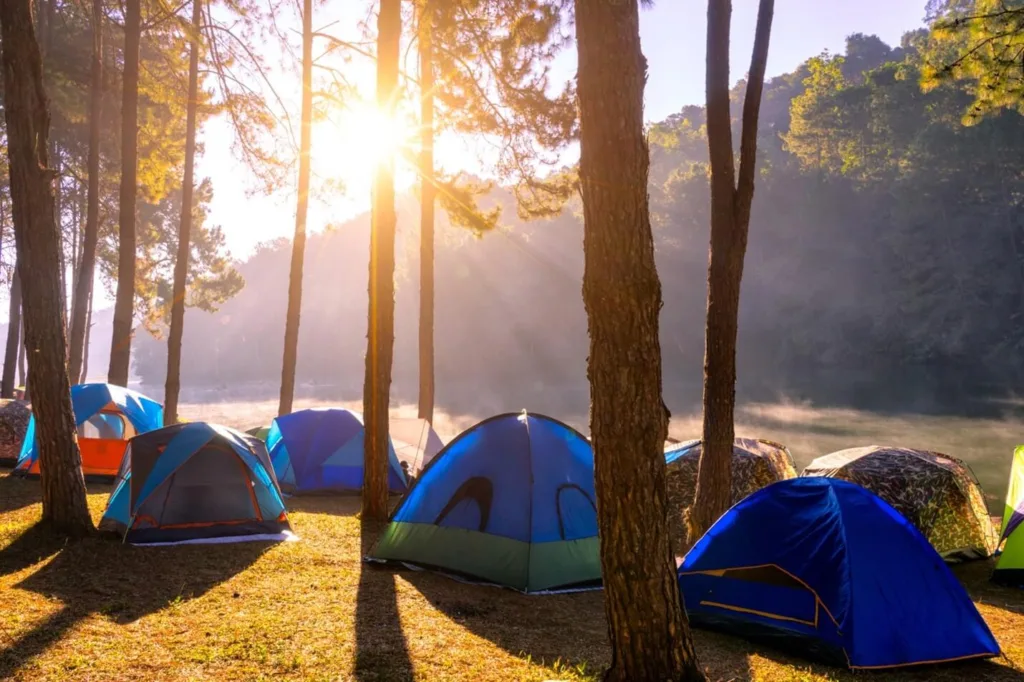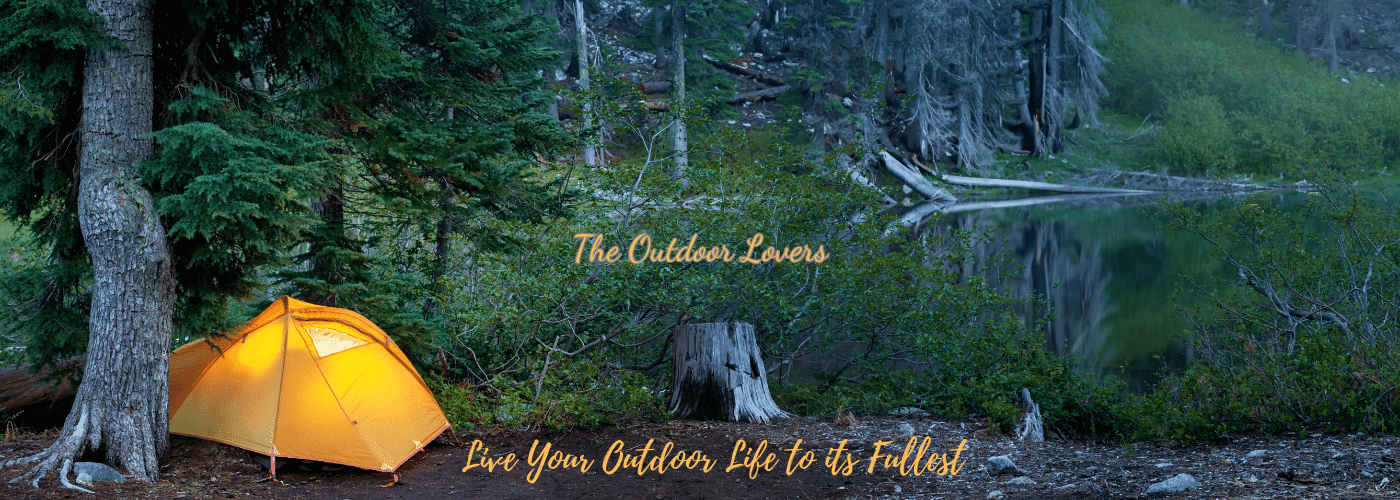Are you yearning for a reprieve from the hustle and bustle of modern life? A sojourn to nature’s bosom might just do the trick. Camping, a remarkable way to reconnect with the natural world, comes replete with a multitude of perks, the most prominent being its ability to alleviate stress and anxiety. Stepping away from the constant pull of technology and immersing oneself in the great outdoors while engaging in physical activities can work wonders for one’s mental health and overall well-being. If you’re seeking a natural stress and anxiety relief, look no further than camping – a veritable panacea for your woes.
Understanding Stress and Anxiety
Stress and anxiety have become increasingly relevant in recent years as more and more people struggle to cope with the demands of daily life. But what exactly are these two terms, and how do they affect our mental health? Simply put, stress is a natural response to challenging situations, while anxiety is a persistent feeling of unease or apprehension. While both can be difficult to deal with, anxiety is often more prolonged and can lead to various symptoms, including restlessness, irritability, difficulty sleeping, and more.
Despite their differences, stress and anxiety can profoundly impact our overall well-being, so it’s important to find ways to manage and alleviate these feelings. One such effective method is camping. You heard that right – spending time in nature can help reduce stress and anxiety. But how exactly does it work?
By immersing ourselves in natural surroundings, we are able to disconnect from the constant stimulation of modern life and tune in to our own thoughts and feelings. This can be incredibly therapeutic, as it allows us to process our emotions and gain a greater sense of clarity and perspective. The physical benefits of camping – such as fresh air, exercise, and sunlight – can also contribute to improved mental health.
The Science Behind Camping
When it comes to exploring the science behind camping, there are several factors to consider. One important aspect is the impact of camping on our mental health. It is widely recognized that stress and anxiety can negatively affect our well-being, but research shows that spending time in nature can positively impact these factors.
In fact, the Japanese practice of “forest bathing” has gained attention in recent years for its ability to reduce cortisol levels, the hormone associated with stress. But the benefits of spending time in nature go beyond just reducing stress levels. Camping can also promote mindfulness and a sense of connectedness with the natural world, leading to feelings of awe and gratitude.
The calming effect of nature is not just psychological but also physiological. The natural sounds of birds singing or water flowing can help lower blood pressure and reduce stress levels. Similarly, the sights and smells of nature can also have a calming effect on our minds and bodies.
The Benefits of Camping for Stress and Anxiety Relief

As we delve deeper into the science behind camping, we understand its manifold benefits on our mental health. And now, let us delve even further to uncover the specific ways in which camping can help alleviate stress and anxiety.
First and foremost, camping offers us a chance to unplug from the ubiquitous technological gadgets that inundate our daily lives. In this way, we can free ourselves from the constant barrage of notifications and social media updates, which can trigger stress and anxiety. By disconnecting from technology, we can immerse ourselves in the present moment and enjoy the peacefulness of the natural world.
Furthermore, camping provides ample opportunities for physical activity, such as hiking(Shoes), swimming, and kayaking(Kayak). Engaging in such activities can help reduce stress levels and promote the release of endorphins, which are the “feel-good” hormones that can elevate our mood and make us feel more positive and relaxed.
In addition to physical activity, camping also allows us to spend time in nature, which has been shown to impact our mental health profoundly. The serenity and tranquility of natural surroundings can help alleviate anxiety levels and promote relaxation. It is no wonder that camping has become a popular therapeutic activity for those seeking relief from stress and anxiety.
And last but not least, camping can also foster social connection, which is crucial for combating feelings of loneliness and isolation. Spending time with loved ones in a natural environment can help create positive memories and deepen bonds, leaving us feeling more connected and supported.
How Can Camping Help Reduce Stress and Anxiety?

Camping is a wonderful way to reduce stress and anxiety in many different ways. One of the primary advantages of camping is the ability to disconnect from the stressors of everyday life. Being away from the constant noise, pollution, and chaos of urban living can incredibly benefit your mental health, promoting a sense of calmness and tranquility.
Moreover, camping often entails physical activity, which is a proven method of reducing stress and anxiety. Whether you’re taking a hike through the woods, going for a swim in a nearby lake, or simply taking a leisurely stroll, being active can help clear your mind and release tension in your body.
What’s more, camping allows you to connect with nature, which has positively impacted mental health. The peaceful surroundings of a natural environment, combined with the fresh air and exercise, can leave you feeling refreshed and rejuvenated.
Another way that camping can help alleviate stress and anxiety is by promoting a sense of community. Whether camping with friends or family, the shared experience of being outdoors and working together to set up camp, cook meals(Stove), and enjoy each other’s company can create a strong bond and camaraderie.
Benefits of Unplugging and Taking a Break from Technology
Unplugging from technology and taking a break can be a rejuvenating experience, providing numerous benefits to mental and emotional well-being. Camping, in particular, offers a unique opportunity to disconnect from the constant stream of notifications, emails, and messages that are now an integral part of our daily lives.
In today’s fast-paced world, we are constantly bombarded with information, and the pressure to be constantly connected can lead to feelings of being overwhelmed and anxious. Unplugging from technology can give us the time and space we need to decompress and recharge.
Research has shown that taking a break from technology can lead to a greater sense of mindfulness. This heightened awareness of the present moment can help us to reduce stress and anxiety and increase our ability to focus on the things that truly matter.
Furthermore, by unplugging from technology, we can also improve our sleep patterns. The blue light emitted by our devices can disrupt our natural sleep cycle, making it difficult to get the rest we need. By disconnecting from technology, we allow our minds and bodies to relax and unwind, leading to more restful sleep and improved overall health.
Connection with the Natural Environment and its Impact on Mental Well-being

As the world becomes increasingly urbanized and technology-dependent, the importance of connecting with nature cannot be overstated. Spending time in natural environments has been shown to significantly impact mental well-being, providing a respite from the stresses and pressures of modern life.
Research has consistently found that exposure to nature can reduce stress and improve mood. Whether it’s a walk in the park or a camping trip in the wilderness, the positive effects of nature on mental health are well documented. The calming effect of the natural environment can help reduce anxiety and depression and improve overall emotional well-being.
Spending time in nature can also have a rejuvenating effect. The natural environment’s sights, sounds, and smells can provide a sense of peace and tranquility, helping to restore the mind and body. This can be especially beneficial for those who spend a lot of time indoors or in front of screens, as exposure to nature can help to reduce mental fatigue and improve cognitive function.
It’s worth noting that the impact of nature on mental well-being is not limited to physical environments. Even virtual exposure to nature, such as through photographs or videos, has positively affected mood and emotional well-being.
Social Benefits of Camping and How They Can Enhance Mental Health
Camping is a great way to experience nature and provides numerous social benefits that can significantly enhance mental health. One of the key advantages of camping is the opportunity to connect with others and strengthen relationships, whether it’s with friends or family. Engaging in social activities like camping can help to alleviate feelings of loneliness and isolation, which can contribute to stress and anxiety.
Moreover, camping can be a fun and exciting experience that boosts positive emotions and a sense of well-being. Spending time with loved ones, laughing, and playing together can help to uplift your mood and reduce stress levels. Additionally, the diversity of camping activities, such as hiking, fishing, and exploring, allows for greater variability in experiences, further enhancing the overall social and mental health benefits of camping.
Tips for Camping to Promote Stress and Anxiety Relief
If you’re considering camping as a way to reduce stress and anxiety, there are several things you can do to make the experience more enjoyable and therapeutic. To start with, preparing for your camping trip is crucial. You need to pack appropriate clothing, gear, and food and plan your itinerary ahead of time. It’s also essential to know the rules and regulations of the campground you’ll be visiting.
When selecting a campground, it’s important to consider proximity to nature, amenities, and accessibility. Choosing a location that aligns with your needs and preferences will provide the type of experience you’re looking for.
Once you arrive at the campground, there are many activities you can do to promote stress and anxiety relief. Hiking or walking in nature is a great way to connect with the outdoors and calm your mind. Swimming or boating(Inflatable boat) is also an excellent way to relax and unwind. If you’re into fishing or hunting, these activities can also be a great way to de-stress.
If you’re looking for something more low-key, reading a book or writing can be a great way to disconnect from the stressors of everyday life. Yoga or meditation can also be an effective way to relax and find inner peace. And if you’re a foodie, cooking(Stove) or grilling your meals(BBQ) can be a fun and rewarding way to unwind.
Finally, it’s important to disconnect from technology to fully reap the benefits of camping for stress and anxiety relief. This means leaving your phone and other electronic devices at home or, at the very least, turning them off and storing them away for the duration of your trip. By disconnecting from the distractions of modern life, you can fully immerse yourself in nature and find the relaxation you need.
Additional Resources
If you are looking for more tutorials, walkthroughs and troubleshooting about camping and enjoying the outdoors, here are some additional posts to check out:
Conclusion
Conclusively, camping serves as a potent remedy to alleviate stress and anxiety levels. Through disengaging from technology and immersing ourselves in the wonders of nature, we can significantly enhance our mental health and promote a tranquil state of mind. Therefore, if you are inundated or stressed out, it would be wise to take a breather and dedicate some time to camping. You may be astounded by the rejuvenating prowess of Mother Nature! Thanks for reading, if you think I forgot something or if you simply want to share a story or some advice, feel free to leave your comment below. Be Safe and Have Fun.!

